To address the issue of LG Air Conditioner Not Blowing Cold Air, check for dirty filters, ensure proper thermostat settings, and inspect the refrigerant levels. If the problem persists, consider seeking professional assistance for a thorough inspection and repair.
Experiencing the frustration of your LG Air Conditioner not blowing cold air? It’s a common concern that can leave you sweating in discomfort. Understanding the root causes and simple troubleshooting steps can save you from the heat. In this guide, we’ll unravel the reasons behind your LG Air Conditioner not blowing cold air and provide easy-to-follow solutions for beginners. Keep your cool as we delve into practical tips to ensure your LG Air Conditioner performs at its best.
Signs of an LG Air Conditioner Not Blowing Cold Air
If you’ve noticed that your LG Air Conditioner is not blowing cold air, several issues may be causing this inconvenience. Recognizing the signs can help you pinpoint the problem for timely resolution.
Weak Airflow:
One noticeable sign is weak or reduced airflow from the air conditioner vents. If you find that the air isn’t blowing as strongly as it used to, it could be an early indication of a problem. Reduced airflow may result from issues within the cooling system, such as a clogged filter or a malfunctioning fan.
Warm Air Instead of Cold:
The most obvious sign of a malfunctioning LG Air Conditioner is when it fails to deliver cold air. If the air blowing out of the unit feels warm or at room temperature, there may be an issue with the refrigeration system. This could be caused by low refrigerant levels, a faulty compressor, or a refrigerant leak.
Unusual Sounds:
Unusual or loud noises emanating from your LG Air Conditioner can be a clear sign that something is amiss. If you hear grinding, squealing, or banging sounds, it could indicate problems with the compressor, fan motor, or other internal components. Ignoring these noises may lead to further damage and more expensive repairs.
Frequent Cycling On and Off:
If your LG Air Conditioner is cycling on and off more frequently than usual, it might be struggling to maintain the desired temperature. This could be due to issues like a malfunctioning thermostat, dirty coils, or an improperly sized unit for the space it’s cooling. This frequent cycling not only reduces efficiency but may also lead to premature wear and tear.
Ice Buildup on the Evaporator Coils:
Ice buildup on the evaporator coils is a common issue that can hinder the cooling process. If you notice ice forming on the coils, it may be a sign of problems such as refrigerant issues, dirty coils, or airflow restrictions. Ignoring this issue can result in decreased cooling efficiency and potential damage to the compressor.
Strange Odors:
A foul or musty odor emanating from your LG Air Conditioner can be a sign of mold or bacterial growth within the unit. Poor maintenance, such as neglecting to clean or replace the air filter, can contribute to this problem. Additionally, a burning smell could indicate an electrical issue that requires immediate attention.
Inaccurate Thermostat Readings:
If the temperature displayed on your air conditioner’s thermostat does not match the actual room temperature, it could be a sign of a faulty thermostat. Inaccurate readings may lead to inefficient cooling, as the unit may not be responding appropriately to the set temperature.
Possible Causes of an LG Air Conditioner Not Blowing Cold Air
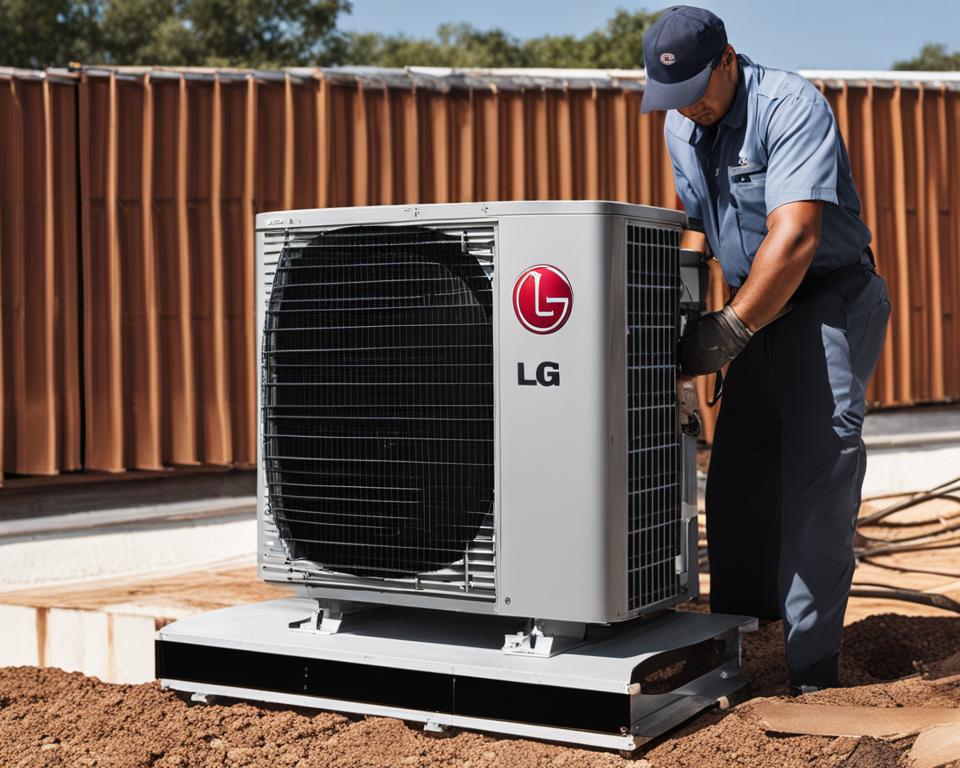
If you find your LG Air Conditioner not blowing cold air, several factors may be contributing to this issue. Identifying the root cause is crucial for effective troubleshooting and getting your cooling system back on track. Let’s delve into eight potential causes and their detailed explanations.
Dirty or Clogged Air Filters:
One common reason for an LG Air Conditioner not blowing cold air is dirty or clogged air filters. Over time, filters accumulate dust and debris, obstructing the airflow. Restricted airflow can lead to reduced cooling efficiency. To address this, regularly clean or replace the air filters, ensuring optimal performance.
Refrigerant Issues:
Insufficient refrigerant levels can hamper the cooling process. LG Air Conditioners rely on refrigerants to absorb and release heat. If there’s a refrigerant leak or if the levels are low, the system’s ability to cool the air diminishes. Professional inspection and recharge are necessary to resolve refrigerant-related issues.
Faulty Thermostat:
A malfunctioning thermostat may result in an LG Air Conditioner not cooling properly. The thermostat regulates the temperature by controlling the compressor and fan. If it’s not functioning correctly, the system may not cool the air to the desired temperature. Calibrating or replacing the thermostat can address this issue.
Issues with the Condenser Coils:
The condenser coils play a vital role in releasing heat from the refrigerant. Over time, these coils can accumulate dirt and grime, hindering the heat exchange process. Regular cleaning of the condenser coils is essential to maintain efficient heat transfer and ensure the LG Air Conditioner’s optimal performance.
Electrical Problems:
Various electrical components, such as capacitors and contactors, are integral to an LG Air Conditioner’s functioning. If any of these components fail, it can lead to a lack of cooling. Electrical issues may also cause the compressor to stop working. A thorough inspection by a qualified technician is necessary to identify and rectify these problems.
Insufficient Airflow:
Inadequate airflow can impede the cooling process. Blocked or closed vents, obstructed ducts, or a malfunctioning blower fan can contribute to reduced airflow. Regularly check and clean vents, inspect ductwork, and ensure the blower fan is operating correctly to maintain optimal airflow.
Compressor Problems:
The compressor is the heart of an LG Air Conditioner, responsible for pressurizing the refrigerant and circulating it through the system. If the compressor is faulty or not functioning correctly, the air conditioner may struggle to cool the air. Professional assessment and, if necessary, compressor replacement are essential to resolve this issue.
Incorrect Unit Size for the Space:
Using an LG Air Conditioner that is too small for the space it is intended to cool can result in inadequate cooling. Ensure that the unit’s cooling capacity matches the size of the room. An undersized unit will struggle to cool large spaces, leading to a lack of cold air circulation.
Step-by-Step Troubleshooting Guide for LG Air Conditioner Not Blowing Cold Air
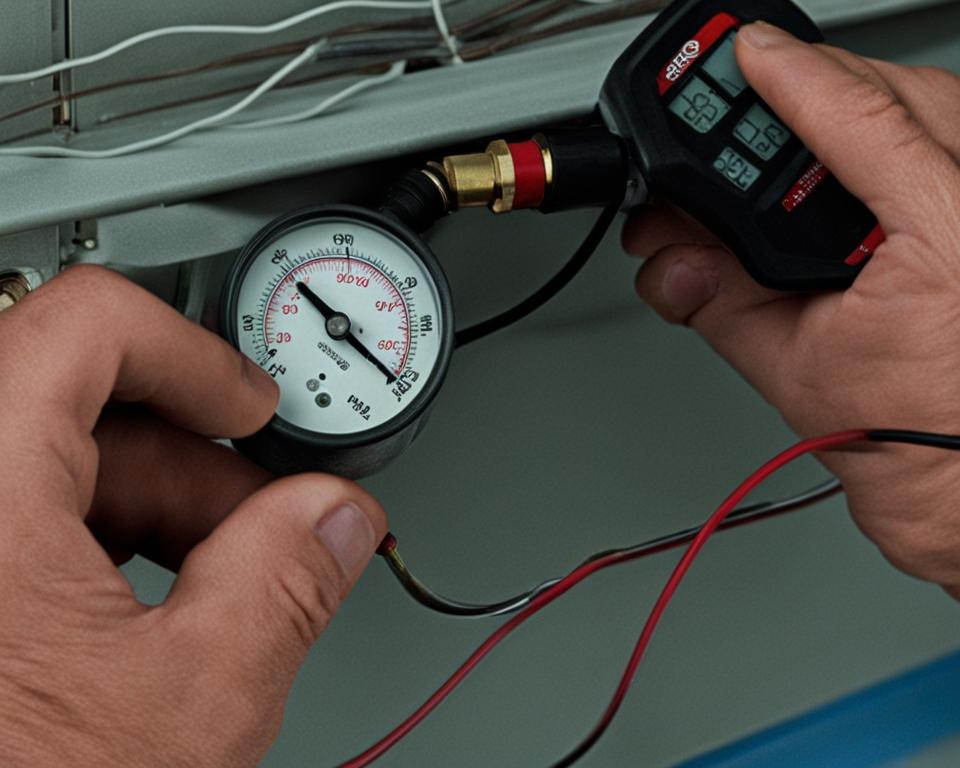
Is your LG Air Conditioner not living up to its cooling potential? Don’t sweat it! We’ve got you covered with a comprehensive step-by-step troubleshooting guide to help you identify and fix the issue.
1. Checking and Adjusting Thermostat Settings
Start by ensuring that the thermostat is set to the desired cooling temperature. Sometimes, the issue may simply be a result of incorrect settings. Follow these steps:
- Step 1: Verify that the thermostat is set to “Cool” mode.
- Step 2: Set the temperature lower than the current room temperature to trigger the cooling cycle.
- Step 3: Allow some time for the air conditioner to adjust and check if cold air is now blowing.
Repeat these steps a couple of times to make sure the problem isn’t related to thermostat settings.
LG Air Conditioner not blowing cold air? It’s crucial to rule out thermostat issues as they can often be the culprit.
2. Cleaning or Replacing Air Filters
Dirty or clogged air filters can obstruct airflow, reducing the cooling efficiency of your LG Air Conditioner. Follow these steps to address this:
- Step 1: Turn off the air conditioner and unplug it for safety.
- Step 2: Locate the air filter panel, usually situated on the front of the unit.
- Step 3: Remove the filter and inspect it for dirt or debris.
- Step 4: If dirty, clean the filter with a vacuum or wash it if it’s a washable type.
- Step 5: If the filter is damaged or cannot be cleaned, replace it with a new one.
Regularly cleaning or replacing air filters is crucial for optimal performance. A clean filter ensures proper airflow, preventing your LG Air Conditioner from losing its cool.
LG Air Conditioner not blowing cold air? A quick filter check might be the remedy.
3. Inspecting and Addressing Refrigerant Issues
Inadequate refrigerant levels can hinder the cooling process. Follow these steps to inspect and address potential refrigerant issues:
- Step 1: Turn off the air conditioner and unplug it.
- Step 2: Locate the refrigerant lines and check for any visible leaks or damage.
- Step 3: If you suspect a leak, contact a professional technician to repair and recharge the refrigerant.
- Step 4: Avoid attempting to handle refrigerant yourself, as it requires specialized skills and equipment.
Refrigerant issues are best left to the experts. If your LG Air Conditioner is not blowing cold air, a refrigerant problem may be the culprit.
LG Air Conditioner not blowing cold air? Ensure refrigerant levels are optimal for efficient cooling.
4. Identifying and Fixing Electrical or Wiring Problems
Faulty electrical components or wiring can disrupt the functioning of your LG Air Conditioner. Follow these steps to identify and address electrical issues:
- Step 1: Turn off the air conditioner and unplug it.
- Step 2: Inspect the power cord and plug for any visible damage.
- Step 3: Check the circuit breaker to ensure it hasn’t tripped.
- Step 4: Examine the control board for burnt or damaged components.
- Step 5: If you find any issues, contact a qualified electrician or technician for repairs.
Handling electrical components requires expertise. If your LG Air Conditioner is not blowing cold air, faulty wiring or electrical problems may be to blame.
LG Air Conditioner not blowing cold air? Ensure electrical components are in top-notch condition for optimal performance.
5. Seeking Professional Help for Mechanical Failures
If all else fails, and your LG Air Conditioner is still not blowing cold air, it may be experiencing mechanical failures that require professional attention. Contact LG’s customer support or a certified technician for further assistance.
- Step 1: Gather information about your air conditioner, including the model number and warranty details.
- Step 2: Contact LG customer support for guidance or to schedule a service appointment.
- Step 3: If under warranty, inquire about repair or replacement options.
Professional technicians have the expertise to diagnose and fix complex mechanical issues. If your LG Air Conditioner is not performing as expected, seeking professional help is the best course of action.
LG Air Conditioner not blowing cold air? When all else fails, trust the expertise of professional technicians.
Maintaining the optimal performance of your LG Air Conditioner involves regular checks and prompt troubleshooting. By following these step-by-step guidelines, you can address common issues that may be preventing your unit from blowing cold air.
Preventive Maintenance Tips for LG Air Conditioner Not Blowing Cold Air
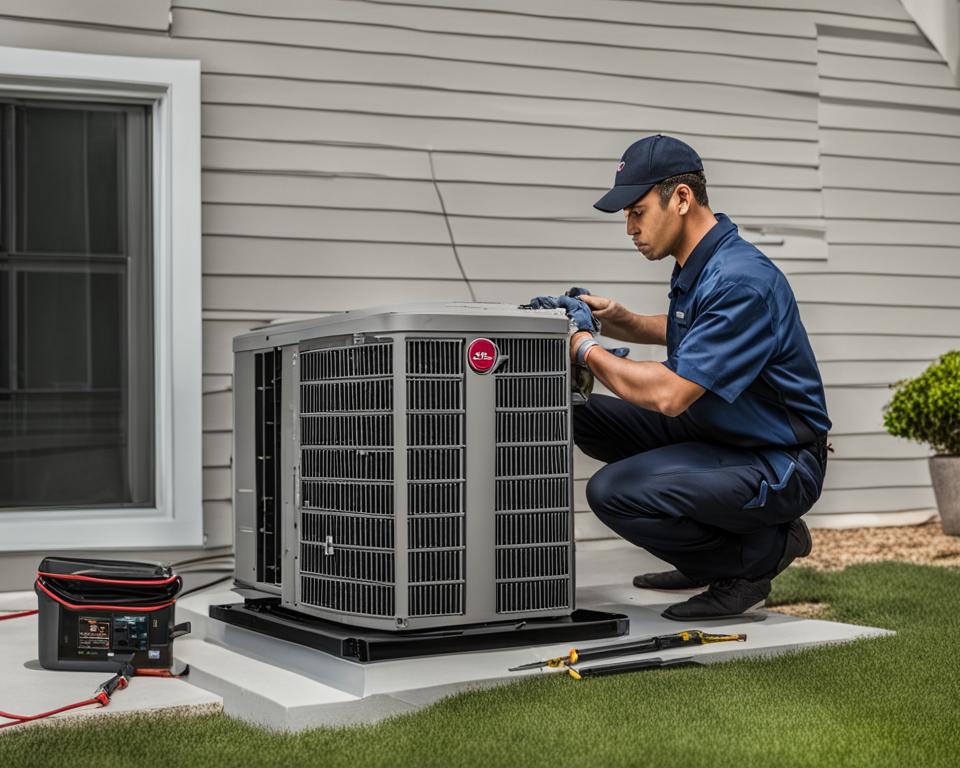
Maintaining your LG Air Conditioner is crucial to ensure it operates efficiently and keeps your space cool. If you find your LG Air Conditioner not blowing cold air, these preventive maintenance tips can help.
Regularly Clean or Replace Air Filters:
The air filters in your LG Air Conditioner play a vital role in maintaining airflow and cooling efficiency. Over time, these filters accumulate dirt and debris, obstructing proper airflow and causing the unit to struggle. Clean or replace the filters every 1-2 months, depending on usage, to ensure unrestricted air circulation.
Clean the Evaporator and Condenser Coils:
Dust and dirt can accumulate on the evaporator and condenser coils, reducing their ability to absorb and release heat efficiently. Inspect these coils annually and clean them using a soft brush or a vacuum cleaner with a soft brush attachment. This will enhance the overall performance of your LG Air Conditioner.
Check the Refrigerant Levels:
Insufficient refrigerant levels can lead to your LG Air Conditioner not blowing cold air. Regularly inspect and ensure that the refrigerant levels are within the manufacturer’s recommended range. If you notice a decline, it’s crucial to consult a professional technician to identify and fix any potential leaks.
Inspect and Clean the Air Ducts:
Blocked or dirty air ducts can restrict the airflow, hampering the cooling efficiency of your LG Air Conditioner. Inspect the air ducts for any obstructions and clean them periodically. This ensures smooth and unimpeded airflow, allowing your air conditioner to cool your space effectively.
Monitor Thermostat Settings:
Incorrect thermostat settings can cause your LG Air Conditioner to function inadequately. Ensure that the thermostat is set to the desired temperature and mode. Additionally, consider using programmable thermostats to regulate temperatures efficiently, optimizing the performance of your air conditioner.
Examine the Fan Blades:
Over time, the fan blades of your LG Air Conditioner may accumulate dirt or become misaligned. Regularly inspect and clean the fan blades, ensuring they rotate freely. Misaligned blades can cause uneven airflow, affecting the cooling capability of your air conditioner.
Secure Proper Ventilation:
Inadequate ventilation can strain your LG Air Conditioner and hinder its ability to cool effectively. Confirm that the outdoor unit has ample space for proper airflow. Remove any obstructions, such as vegetation or debris, around the unit, allowing it to expel hot air efficiently.
Schedule Professional Maintenance:
Regular professional maintenance is essential for keeping your LG Air Conditioner in top-notch condition. Hire a certified technician to conduct a thorough inspection and tune-up at least once a year. Professional maintenance can identify potential issues before they escalate, ensuring your air conditioner functions optimally.
By incorporating these preventive maintenance tips into your routine, you can significantly reduce the chances of your LG Air Conditioner not blowing cold air.
Conclusion
In conclusion, addressing the issue of an LG Air Conditioner Not Blowing Cold Air requires a systematic approach. Regular maintenance, such as cleaning or replacing filters, checking for refrigerant leaks, and ensuring proper insulation, can significantly enhance performance. It’s crucial to troubleshoot potential problems systematically and, if necessary, seek professional assistance.
Remember, a well-maintained LG Air Conditioner ensures not just a cooler environment but also energy efficiency. By staying vigilant and proactive, you can enjoy the comfort of consistently cool air throughout the seasons with your LG Air Conditioner.

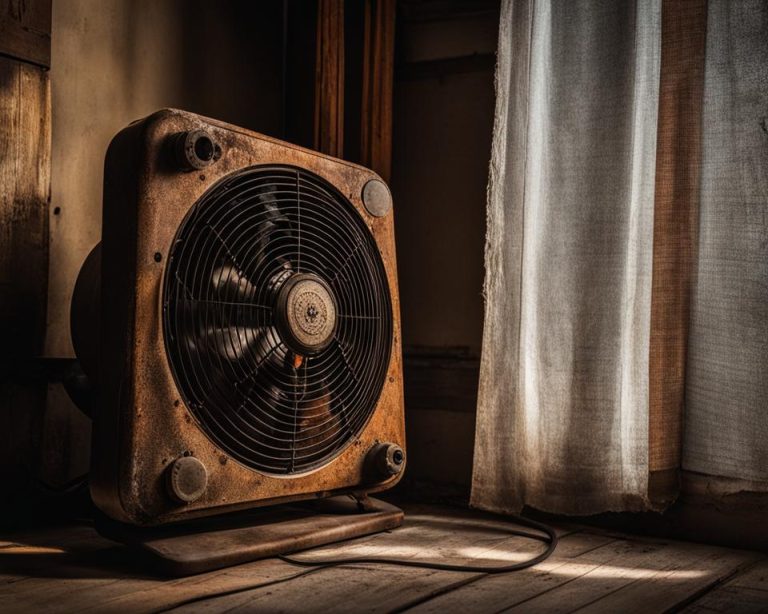
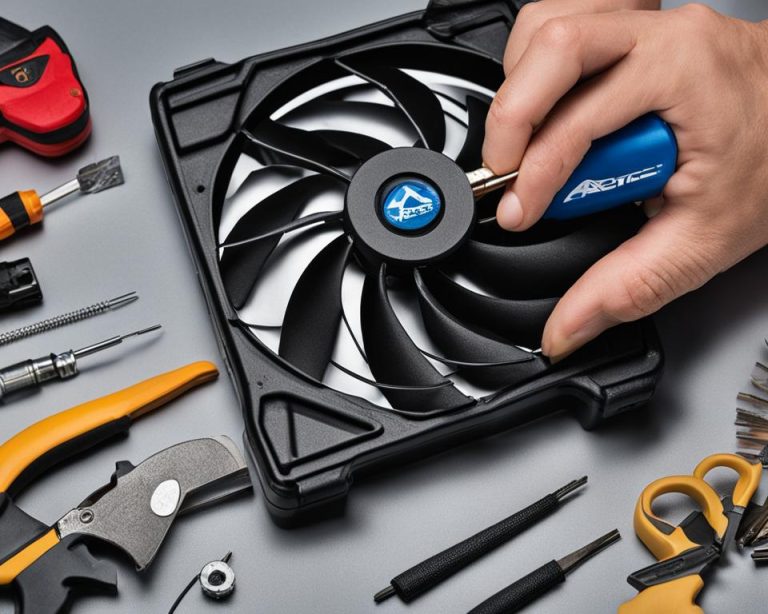
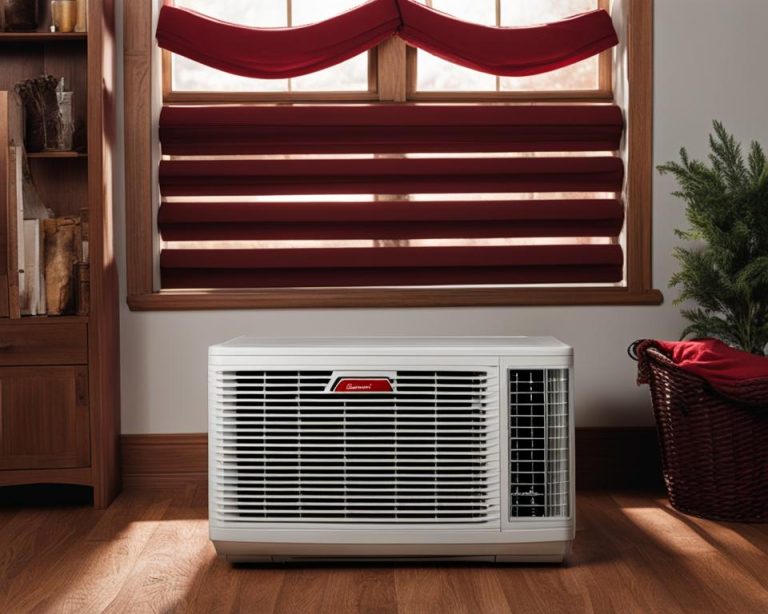
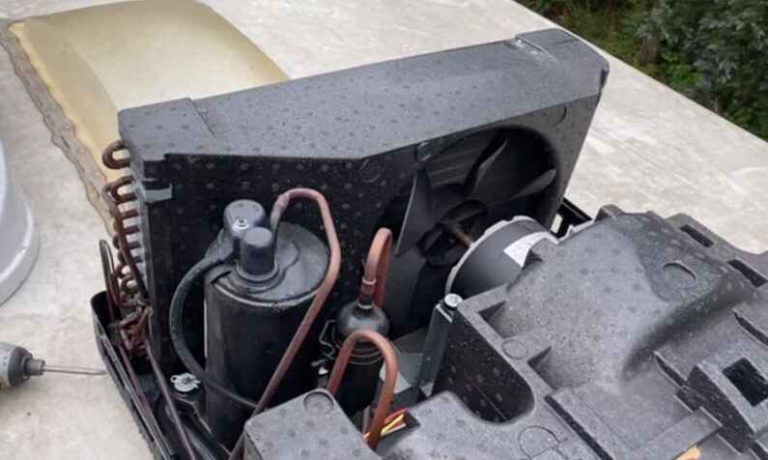
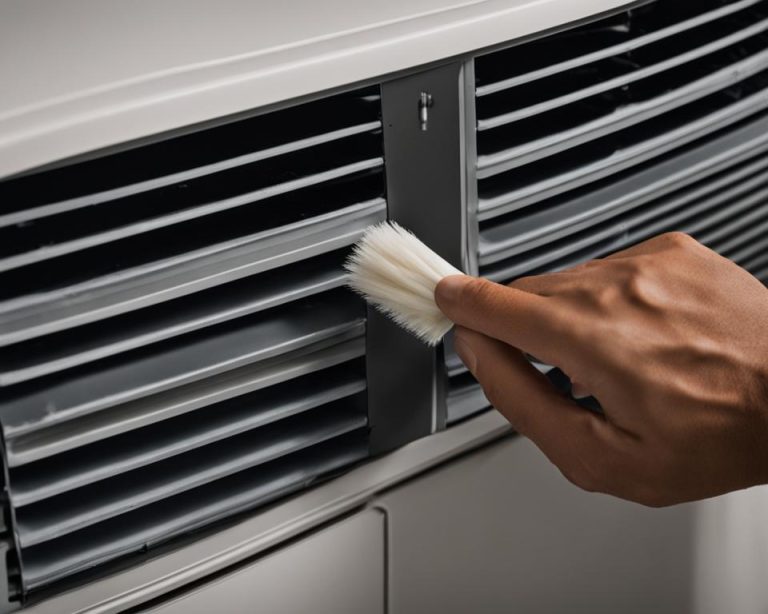
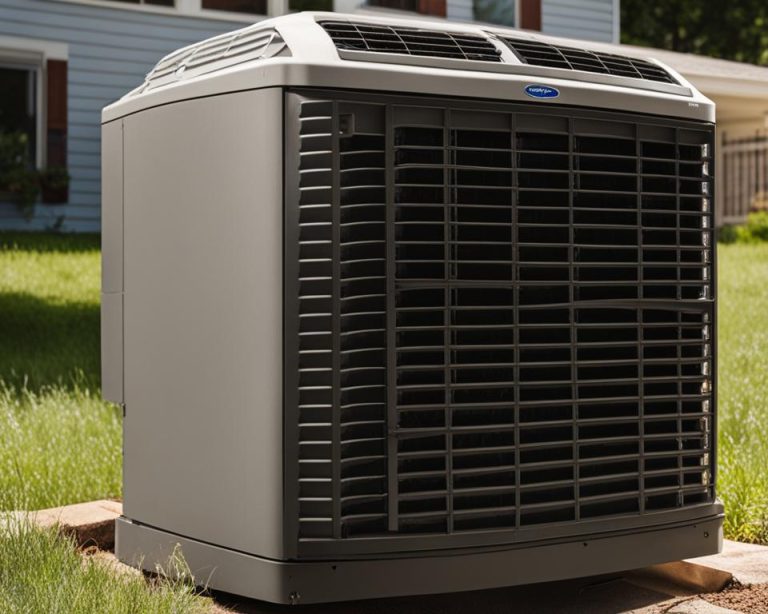
4 Comments